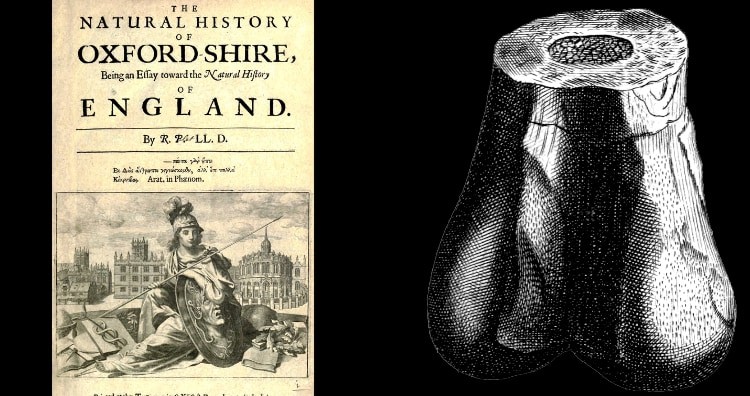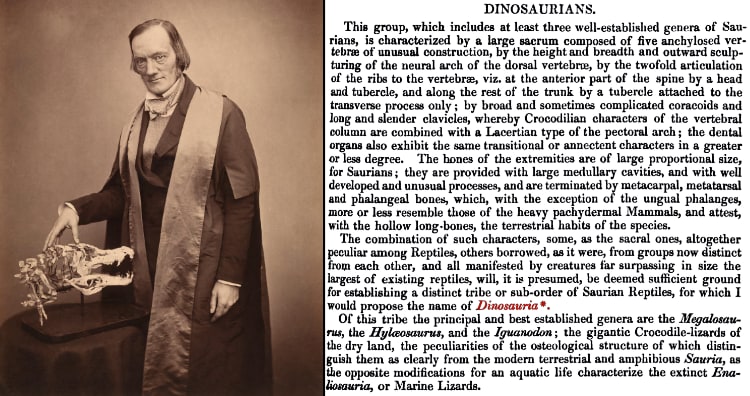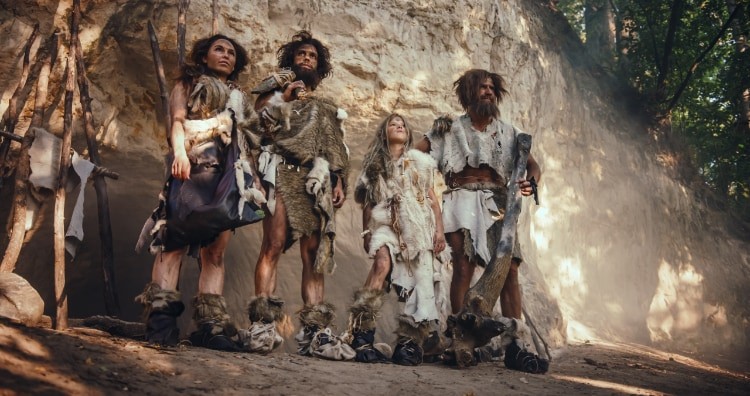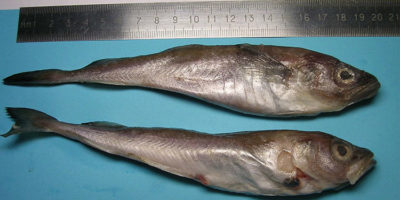How Were Dinosaur Fossils Not Discovered Until The 1800s?
Despite being creatures that lived and died long before us, dinosaurs hold a special place in our imaginations. But their huge popularity also often raises an intriguing question: How were dinosaur fossils not discovered until the 1800s?
How did ancient people react to dinosaur fossils?
The truth is, humans have likely known about dinosaurs for thousands of years. However, we didn’t know their true nature until the 19th century.
According to a paleontologist named Ken McNamara, prehistoric people may have picked up dinosaur fossils and used them to make tools and ornaments. Fossilized dinosaur eggs have actually been found in some such necklaces, although it is not clear who made them or why.
But the most captivating of such theories is one that involves a mythical creature – the dragon. Some experts believe that the reason dragons are so common in a lot of folklore is that ancient people often mistook dinosaur fossils for dragon remains. In fact, an ancient Chinese historian named Chang Qu is said to have actually mislabeled a dinosaur fossil as the remains of a dragon!
Of course, one look at a dinosaur skeleton is all we need to know why he made this mistake, but this is still proof that humans have had a long and deep history with dinosaur fossils. Yet, strangely, our modern understanding of these creatures did not form until much later.
Discovery of the First Dinosaur Bone

In the mid-1600s, an English naturalist named Robert Plot came across a fossilized femur discovered in Oxfordshire, England. He noted that it looked almost exactly like the lower part of a human thigh bone and included its illustration in his 1677 book, The Natural History of Oxford-shire. However, he had no real idea what he had found, and this early discovery of the giant reptiles was rather uneventful.
Based on Plot’s illustrations, scientists today believe that this fossil may have been of Megalosaurus or a similar dinosaur. However, since the original fossil is now lost, it is difficult to confirm this.
Who coined the term “Dinosaur�

Fortunately, the arrival of the 19th century brought with it a new age of fossil discoveries that led to our modern understanding of dinosaurs. In the early 1800s, numerous dinosaur fossils were unearthed in England, including Megalosaurus, Iguanodon and Hylaeosaurus. These fossils were then studied by an English paleontologist named Sir Richard Owen, who found that they had many shared characteristics. But it wasn’t until 1842 that he would give these creatures an actual name. And so, in a report published by him that year, the term “Dinosauria†made its first appearance.
Rooted in Greek, this term is often quoted to mean “terrible lizards.†However, while coining this term, Sir Richard instead referred to the creatures as “fearfully great,†noting that their large sizes were significantly greater than that of any living reptile.
Nevertheless, shortly after this impressive feat, there was a lull in scientific study related to dinosaurs. But in the 1960s and ‘70s, they were once again thrust into the limelight when scientists gathered some new evidence, including that birds evolved from a group of dinosaurs.
Since then, these prehistoric beings have clawed their way into our lives and managed to remain firmly rooted. As a result, from movies to video games and books, there is hardly any popular media today that hasn’t talked about dinosaurs.
So, what is it that you find fascinating about dinosaurs?
























